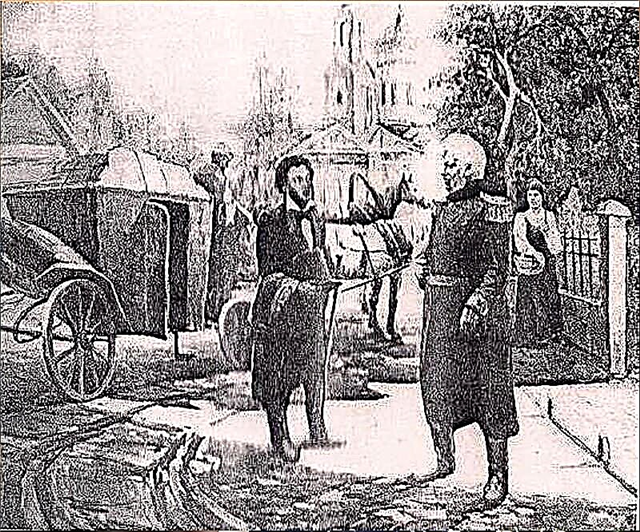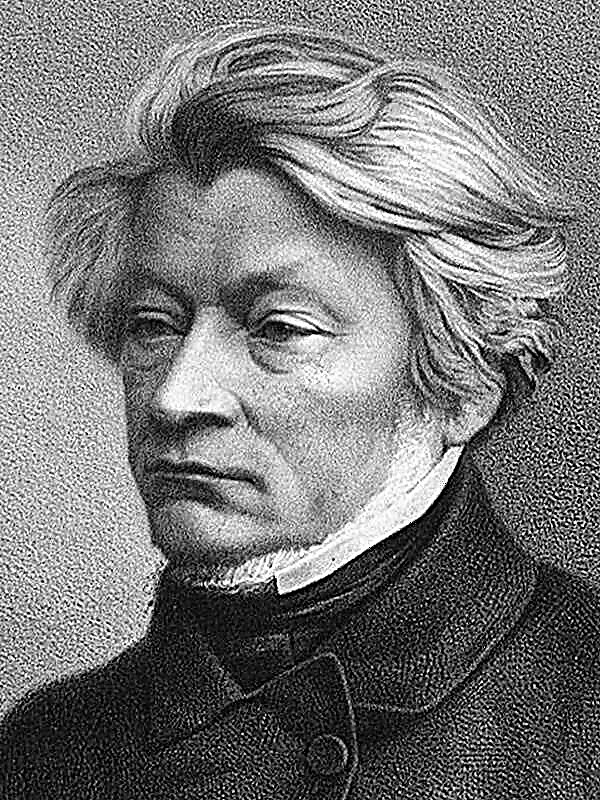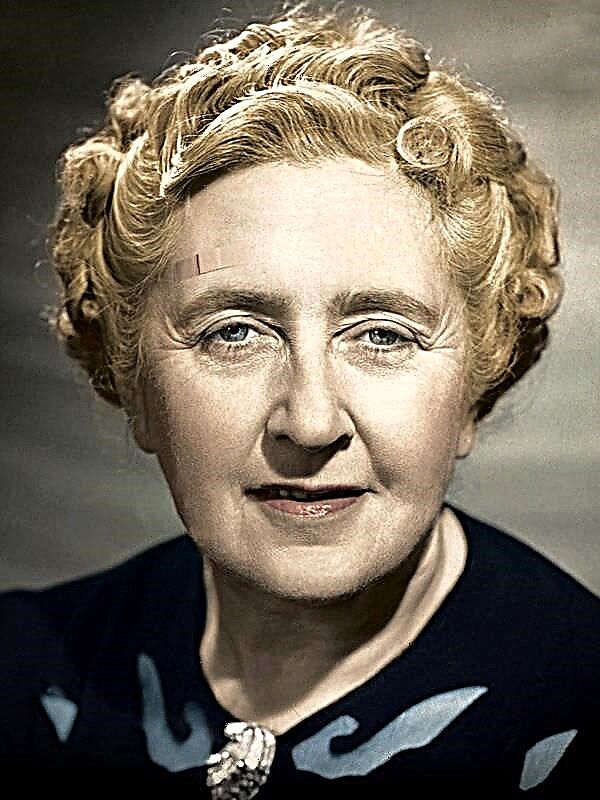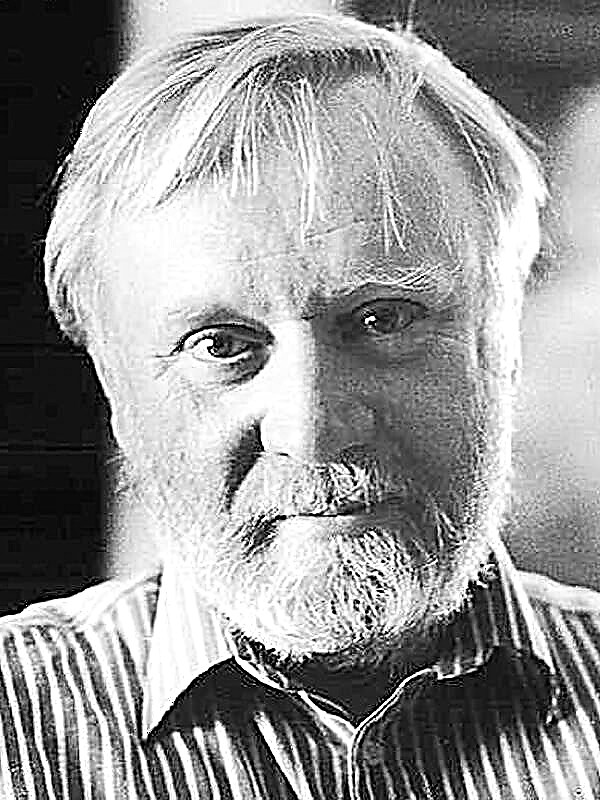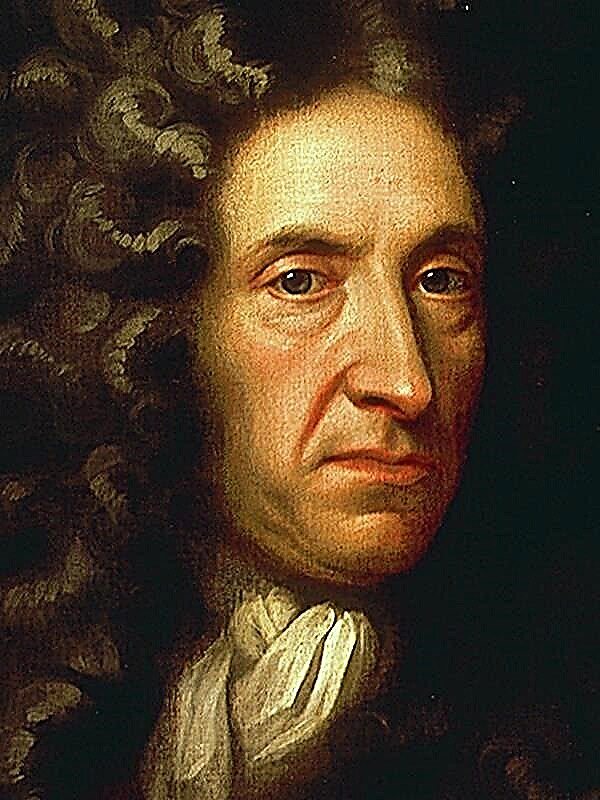(372 words) French writer Antoine de Saint-Exupery was a professional pilot who wrote the collection of essays "Planet of people", but, first of all, readers remember him for another work. Many familiarized themselves with the fairy tale “The Little Prince” in their infancy, but the work continues to appear in the speech of adults who have held personalities, since, in addition to the fairy-tale content, the book has a deep philosophical subtext.
The allegorical story went beyond the box of the writing desk in 1943, at a time when the world was swept by the most bloody and large-scale war in history. At that time, a fairy tale dedicated to the assertion of true and unshakable values was readily accepted by people as a saving elixir from the bitterness of military everyday life. Today, “The Little Prince” has been translated into 180 languages of the world - all this speaks of the unequivocal success of the book. But let's see why a child’s play plays such a big role in modern culture that even the Belarusian singer Oleg Savchenko, better known under the pseudonym LSP, borrows the image of the main character and integrates it into his work?
Creating "The Little Prince", Antoine de Saint-Exupery set himself the task - to demonstrate to readers the clash of two worlds - adult and children's. Already in initiation, the author says: “After all, all adults were children at first, only few of them remember this.” If we break away from the work and look at the world around us, we will see the same situation: adults are immersed in the bustle, and material values are at the top of their list of “compulsory” ones. This is not able to understand young, pure-hearted children, whose consciousness better perceives spiritual values: friendship, love and beauty. So, the Little Prince is faced with various heroes from other asteroids, like a child who does not understand the principles of each character encountered. A king, an ambitious man, a drunkard, a business man - these are all masks under which any of us can recognize the real people around us, living, as if everyone on our planet.
The role of the author is very significant. In the guise of the protagonist, who loves to watch the sun go down, hides little Exupery, admiring the starry sky. In addition, the author’s drawings became popular no less than books and serve as a kind of clue for readers to another urgent problem: loneliness. It turns out, with the help of unique illustrations that everyone understands, Exupery in the philosophical text adds the keys to solving those very problems. This is just one more reason to praise the writer’s talent and creation.
It is on Earth that the character feels even more lonely, but the author gives the reader hope for happiness in the form of a Rose, personifying love, and the Fox - a friend who claims to be “responsible for those we tamed”.

